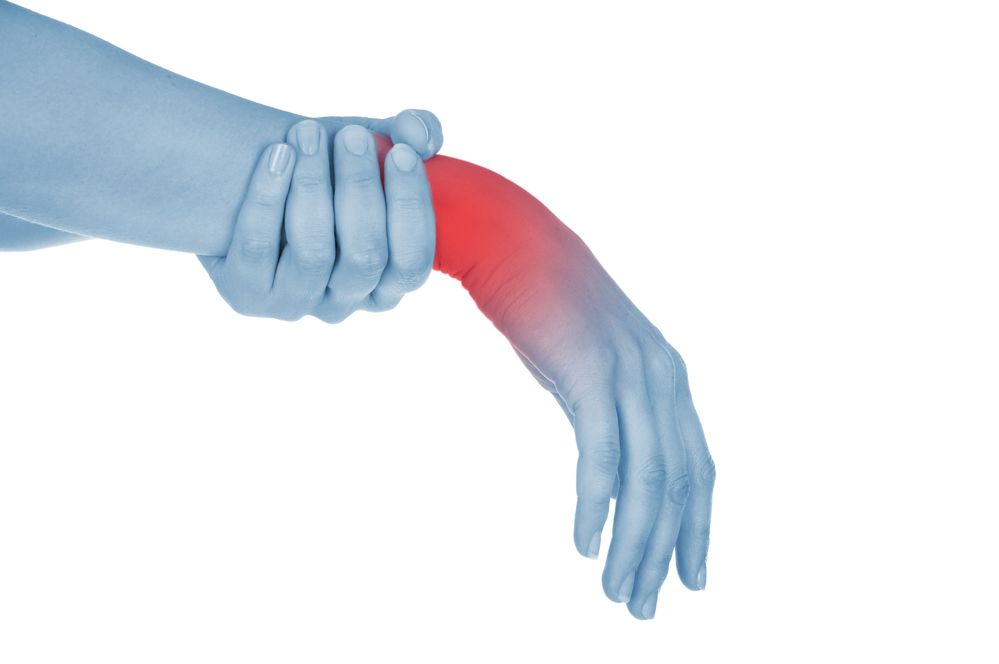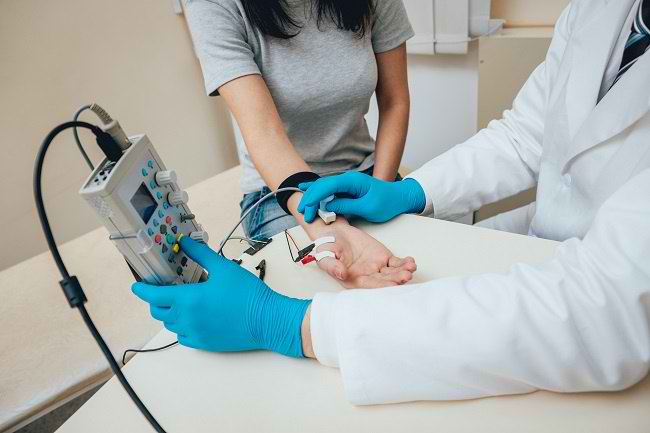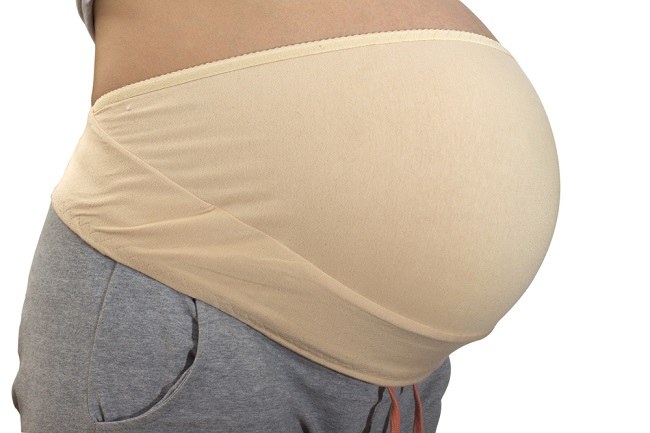Fasting in the month of Ramadan is one of the obligations of Muslims around the world. But for diabetics, it takes some preparation before fasting so as not to cause dangerous complications healthdue to impaired metabolic processes.
In principle, diabetics are allowed to fast, as long as their blood sugar levels are well controlled and do not have other serious diseases, such as heart or kidney disease.

For people with diabetes, diet, physical activity, and medication schedules are important to consider during fasting. This is done to prevent complications in the form of blood sugar levels dropping drastically (hypoglycemia) or becoming very high (hyperglycemia).
Symptoms that can be felt due to hypoglycemia and hyperglycemia are headaches, dizziness, weakness, frequent thirst, seizures, and unconsciousness. Both are dangerous conditions for diabetics and need immediate medical attention.
Fasting Tips for Diabetics
The following are tips for diabetics so that they can fast safely:
1. Don't skip breakfast
Eating sahur in the early hours of the morning is often missed. For diabetics, the time to eat sahur should not be missed so that the energy reserves during fasting are sufficient and hypoglycemia does not occur.
2. Tstage eat 3 times sday
Breakfast can be replaced by eating sahur, lunch is replaced with eating when breaking the fast, and dinner is done after Tarawih prayers. When eating sahur, it is recommended to approach the time of Imsak or Fajr time. Meanwhile, when breaking the fast, it is recommended as soon as possible. This is done so that blood sugar levels do not fall for too long.
3. Avoid overeating at dawn and berbreaking the fast
Regulating food portions is very important to control blood sugar levels and weight. Even though the body is hungry, it is advisable not to eat too much when breaking the fast. Start with takjil, then consume balanced nutritious food in sufficient portions.
4. Kconsumption of foods that contain lots of fiber
Fiber foods provide a feeling of fullness longer. Fibrous foods, such as brown rice, wheat, vegetables, and fruit, are recommended to be consumed more at breakfast.
5. Avoid fried foods and foods that are too sweet
Eating fried foods causes the accumulation of fat in the body, and will indirectly increase blood sugar levels. In addition, diabetics are also advised not to eat foods that are too sweet to keep blood sugar levels stable.
6. Drink enough water
Adequate fluids are important to prevent dehydration. Consumption of water is recommended, rather than sugary drinks or drinks that contain caffeine, such as coffee and tea. Caffeinated drinks cause you to urinate more frequently, which can lead to dehydration.
7. Check blood sugar regularly
Blood sugar checks can be done at home with a blood sugar meter. Blood sugar checks can be done 2-4 times a day, namely after sahur, during fasting, and after breaking the fast.
It is important to avoid hypoglycemia or hyperglycemia. If your blood sugar level is less than 70 mg/dl or more than 300 mg/dl, it is recommended to break the fast.
8. Exercise regularly
Exercising while fasting is good for maintaining fitness, as long as it's not excessive. For people with diabetes, excessive physical activity can cause hypoglycemia. Tarawih prayers performed after breaking the fast can be used as a form of exercise as well as worship.
9. KTake medication according to doctor's instructions
During fasting, diabetics need to continue to take the drugs given by the doctor. If necessary, the doctor will reschedule the consumption of drugs to match the eating schedule during the fasting month.
Everyone's body condition is different, so it is highly recommended to consult a doctor before fasting. Examination should be done at least 2 months before the fasting month arrives.
The doctor will perform a physical examination, evaluate your blood sugar, and determine whether your body condition is safe for fasting. If blood sugar levels are well controlled, fasting can certainly be done without problems.
If while fasting, you feel dizzy, have headache, weakness, heart palpitations, cold sweat, body shaking, and feel like you are about to pass out, stop fasting immediately and consult the nearest doctor.
Writer:
dr. Asri Meiy Andini









